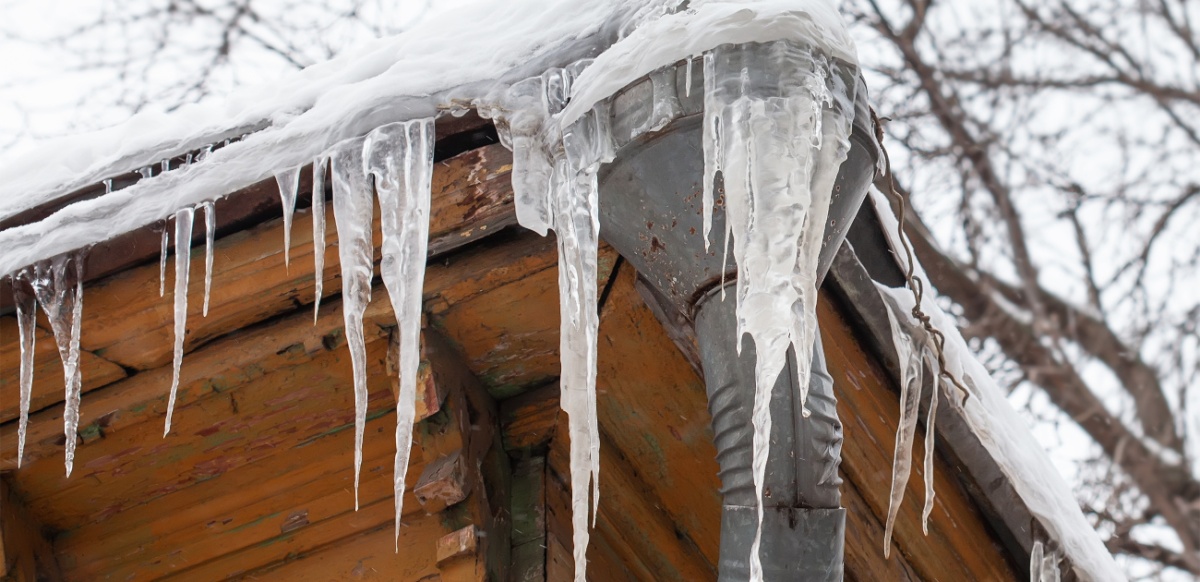Guidance for Avoiding Frozen Plumbing in Cold Weather: Specialist Tips
Guidance for Avoiding Frozen Plumbing in Cold Weather: Specialist Tips
Blog Article
They are making a few good points on Winter Plumbing Precautions: Preventing Frozen Pipes as a whole in this great article following next.

Winter can wreak havoc on your pipes, specifically by freezing pipes. Right here's just how to prevent it from happening and what to do if it does.
Intro
As temperature levels decrease, the threat of icy pipelines boosts, possibly bring about pricey repair services and water damages. Comprehending exactly how to prevent icy pipes is essential for property owners in cold environments.
Comprehending Frozen Pipelines
What triggers pipes to ice up?
Pipes ice up when subjected to temperatures below 32 ° F (0 ° C) for expanded periods. As water inside the pipelines ices up, it increases, taxing the pipe wall surfaces and potentially triggering them to break.
Dangers and damages
Icy pipelines can cause supply of water disruptions, building damages, and costly repairs. Burst pipes can flooding homes and create extensive architectural damage.
Indicators of Frozen Water Lines
Determining icy pipelines early can avoid them from rupturing.
Just how to identify icy pipelines
Seek decreased water circulation from taps, uncommon odors or noises from pipelines, and noticeable frost on exposed pipes.
Avoidance Tips
Insulating prone pipelines
Cover pipelines in insulation sleeves or make use of warmth tape to safeguard them from freezing temperature levels. Concentrate on pipes in unheated or external locations of the home.
Home heating methods
Keep interior areas adequately heated, particularly areas with pipes. Open up cabinet doors to enable warm air to circulate around pipes under sinks.
Safeguarding Outside Pipes
Yard pipes and exterior faucets
Disconnect and drain yard pipes before wintertime. Set up frost-proof spigots or cover outside taps with insulated caps.
What to Do If Your Pipes Freeze
Immediate actions to take
If you presume icy pipes, maintain taps available to relieve stress as the ice thaws. Make use of a hairdryer or towels taken in hot water to thaw pipes slowly.
Long-Term Solutions
Structural changes
Consider rerouting pipes far from exterior walls or unheated areas. Include additional insulation to attics, basements, and crawl spaces.
Updating insulation
Buy premium insulation for pipes, attics, and walls. Correct insulation assists keep constant temperatures and reduces the threat of icy pipelines.
Verdict
Stopping frozen pipelines requires positive measures and quick responses. By comprehending the reasons, indications, and preventive measures, property owners can protect their plumbing during winter.
Helpful Tips to Prevent Frozen Pipes this Winter
UNDERSTANDING THE BASICS: WHY PIPES FREEZE AND WHY IT’S A PROBLEM
Water freezing inside pipes is common during the winter months, but understanding why pipes freeze, and the potential problems it can cause is crucial in preventing such incidents. This section will delve into the basics of why pipes freeze and the associated problems that may arise.
THE SCIENCE BEHIND FROZEN PIPES
When water reaches freezing temperatures, it undergoes a physical transformation and solidifies into ice. This expansion of water as it freezes is the primary reason pipes can burst. As the water inside the pipe freezes, it expands, creating immense pressure on the walls. If the pressure becomes too great, the pipe can crack or rupture, leading to leaks and water damage.
FACTORS THAT CONTRIBUTE TO PIPE FREEZING
Low Temperatures: Extremely cold weather, especially below freezing, increases the risk of pipes freezing. Uninsulated or Poorly Insulated Pipes: Pipes located in unheated areas, such as basements, crawl spaces, or attics, are more prone to freezing. Insufficient insulation or lack of insulation altogether exacerbates the problem. Exterior Wall Exposure: Pipes running along exterior walls are susceptible to freezing as they encounter colder temperatures outside. Lack of Heating or Temperature Regulation: Inadequate heating or inconsistent temperature control in your home can contribute to frozen pipes. PROBLEMS CAUSED BY FROZEN PIPES
- Pipe Bursting: As mentioned earlier, the expansion of water as it freezes can cause pipes to burst, resulting in significant water damage.
- Water Damage: When pipes burst, it can lead to flooding and water damage to your property, including walls, ceilings, flooring, and personal belongings.
- Structural Damage: Prolonged exposure to water from burst pipes can compromise the structural integrity of your home, leading to costly repairs.
- Mold and Mildew Growth: Excess moisture from water damage can create a favorable environment for mold and mildew growth, posing health risks to occupants.
- Disrupted Water Supply: Frozen pipes can also result in a complete or partial loss of water supply until the issue is resolved.
WHY CERTAIN PIPES ARE MORE PRONE TO FREEZING
- Location: Pipes located in unheated or poorly insulated areas, such as basements, crawl spaces, attics, or exterior walls, are at higher risk of freezing.
- Exterior Pipes: Outdoor pipes, such as those used for irrigation or exposed plumbing, are particularly vulnerable to freezing as they are directly exposed to the elements.
- Supply Lines: Pipes that carry water from the main water supply into your home, including the main water line, are critical to protect as freezing in these lines can affect your entire plumbing system.
- Underground Pipes: Pipes buried underground, such as those connected to sprinkler systems or outdoor faucets, can be susceptible to freezing if not properly insulated.
https://busybusy.com/blog/helpful-tips-to-prevent-frozen-pipes-this-winter/

We hope you enjoyed reading our excerpt on How to Prevent Your Pipes From Freezing. Thank you for taking a few minutes to browse our blog post. Sharing is good. One never knows, you may very well be doing someone a favor. I am grateful for your time. Kindly check our website back soon.
Get Started Report this page